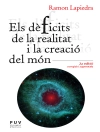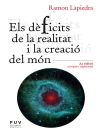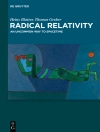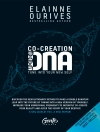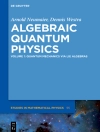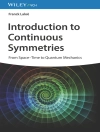This wide-ranging book introduces information as a key concept not only in physics, from quantum mechanics to thermodynamics, but also in the neighboring sciences and in the humanities. The central part analyzes dynamical processes as manifestations of information flows between microscopic and macroscopic scales and between systems and their environment. Quantum mechanics is interpreted as a reconstruction of mechanics based on fundamental limitations of information processing on the smallest scales. These become particularly manifest in quantum chaos and in quantum computing. Covering subjects such as causality, prediction, undecidability, chaos, and quantum randomness, the book also provides an information-theoretical view of predictability.
More than 180 illustrations visualize the concepts and arguments. The book takes inspiration from the author’s graduate-level topical lecture but is also well suited for undergraduate studies and is a valuableresource for researchers and professionals.
Table of Content
The concept of information.- Simple applications.- Epistemological aspects.- Information and randomness.- Information in classical Hamiltonian dynamics.- Information in classical dissipative dynamics.- Fluctuations, noise, and microscopic degrees of freedom.- Information and quantum mechanics: digitalizing the microcosm.- Physical aspects of computing.- Quantum computation.
About the author
Thomas Dittrich studied physics and philosophy in Hamburg. His research on complex quantum dynamics started with his Ph.D. in Essen and continued during postdoctoral stays at the Weizmann Institute, University of Augsburg, and MPI for the Physics of Complex Systems. In parallel with his position as professor of physics at Universidad Nacional de Colombia in Bogotá, which he has held since 2000, he has enjoyed research stays in Germany, Israel, Mexico, India, and Brazil. He publishes on quantum chaos, semiclassical methods, quantum information, and randomness.



